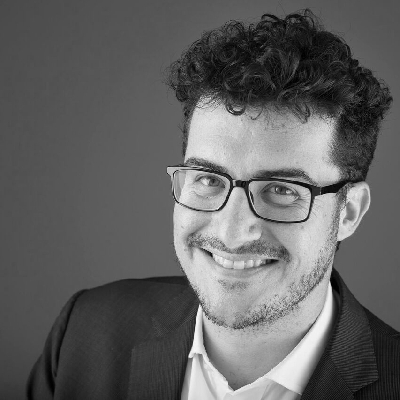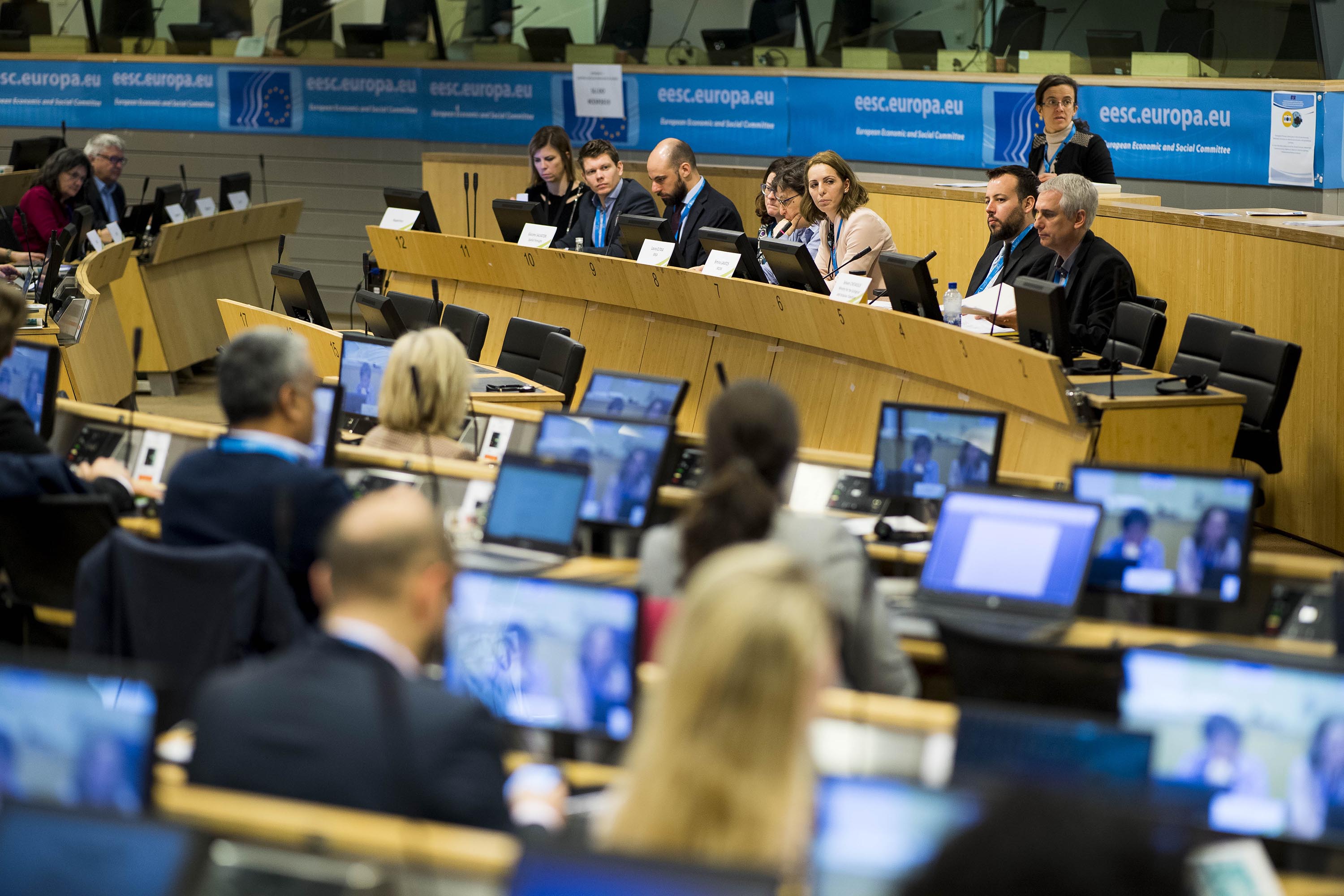The EU Circular Economy Stakeholder Conference, the most important summit on the circular economy in Europe, has now reached its 6th edition. On 27 and 28 February, 500 policymakers, analysts, trades associations, researchers and personalities from big businesses gathered in the halls of the Charlemagne Building in Brussels, close to the EU Commission, to take stock of the circular transition.
The full name of the event, Circular economy driving sustainable recovery, open strategic autonomy and resilience, is quite articulate. It could not be otherwise, given the complexity of the economic and social situation.
The circular economy in the age of polycrisis
In the age of polycrisis – a term that Frans Timmermans, the Commission Vice-President, used in his keynote speech – the circular economy becomes the key to tackling the climate and biodiversity challenges, the inflation and economic crisis, and autonomy in the face of new geopolitical challenges, starting with the war in Ukraine. Complex times that require complex solutions.
This is where the Stakeholder Conference comes into play. The event was conceived by the European Economic and Social Committee (EESC), an advisory body of the European Union established by the 1957 Treaty of Rome to accelerate the circular transition by promoting the most innovative ideas. “Here we showcase best practices to highlight the circular economy potential in Europe. It’s a place to discuss the best and most innovative ideas”, said EESC President Christa Schweng in her opening speech. For the first time, Europe’s leadership on the transition feels threatened, not only by the US Inflation Reduction Act and by China’s 2025 plan for the circular economy, but also by the conservative, reactionary winds blowing over Brussels in the run-up to the 2024 elections. Instead of hitting the brakes, we should step on the accelerator.
CE Action Plan, networks and finance for the circular transition
Full steam ahead, then, with the Circular Economy Action Plan (CEAP), which will have to deliver most of its results by next year. Joss Bleriot, of the ever-present Ellen MacArthur Foundation, has not failed to underline this, as did Florika Fink-Hooijer, Director General of DG Environment. She also remarked on the importance of key elements like water and sand, “which have always been taken for granted, but are now becoming scarce and require a circular approach”.
However, the Action Plan should not harm private companies, especially SMEs, which, as stressed by Petri Salminen, president of SMEUnited, need as much resources and support as large multinationals. The social dimension must also be taken into account. “The circular economy creates jobs, but today we have to create new professional skills”, says Florika Fink-Hooijer.
The aim of the Stakeholder Platform is to strengthen existing networks, such as national platforms – like the Italian ICESP, led by ENEA’s Laura Cutaia – and Circular Economy hubs or knowledge centres, by devising strategies to finance the scaling-up of new industrial models. “We are no longer in the start-up phase. Our priority now should be the scaling-up of industrial initiatives in every country”, says Aurel Ciobanu-Dordea, from the Circular Economy Directorate, DG Environment. Time to increase financing and resources, companies and trade associations reply. After all, decarbonisation received substantial European funds, while the transition toward recycling, repurposing, product-as-a-service and other circular models has received only a few dozen billions from the NextGenEu funding and the multi-year budget. Priorities need to be reviewed. The financial world, eager to give its contribution, needs “precise metrics and defined regulations”, urges Philipp Horn, Head of Division of Circular Economy at the European Investment Bank: without them, the money stays put. Something which would be detrimental to decarbonisation as well, since it can’t be effective without a materials strategy, starting from the Critical Raw Material act.
Greenwashing, textiles and new circular business models
But there always seems to be more to talk about. One of the hottest topics is the Green Claims Directive proposal, which should be issued by the end of March to protect customers from greenwashing practices by making information easier to access.
The textiles sector – which makes its presence felt with Euratex, brands like Zalando and personalities like Federica Marchionni, CEO of Global Fashion Agenda – occupies a whole breakout session, beginning with the data announced today by the European Environment Agency on the tripled exports of used textiles. All on the verge of the creation of a fashion EPR which will implement the separate collection of textiles by 2025. Currently, an increasing share is exported to Africa and Asia, where, however, they often meet an uncertain fate, and what can’t be reused ends up in open dumps or as general waste.
Topics like nature-based solutions, automotive and products-as-service were also addressed. “We need to create new models where products turn into services, as it’s happening with cars”, explained Timmermans in his speech, which attracted a large audience. Cars that, besides being electric and shared, will soon need to have a digital product passport – given the frightening data on the ‘missing’ vehicles, i.e. cars allegedly sold abroad, which end up as materials and spare parts on the black market instead. Besides, cars will need increasingly specialised end-of-life vehicle supply chains and perhaps even an extended producer responsibility model.
A special issue of Renewable Matter
The European Stakeholder Conference is an essential moment of reflection on the circular economy and the European industry, one that it’s better not to miss, whether live or online. Renewable Matter has worked with the European Economic and Social Committee to publish a special issue on Europe, presented in Brussels and delivered to the Conference participants (while readers will be able to access it from the 15th of March). A collaboration that makes our publisher and editorial staff proud, as we are well aware of the importance of discussing the opportunities and challenges that lie ahead to try and build a better, greener, more inclusive economy.
Image: Circular Economy Stakeholder Conference



